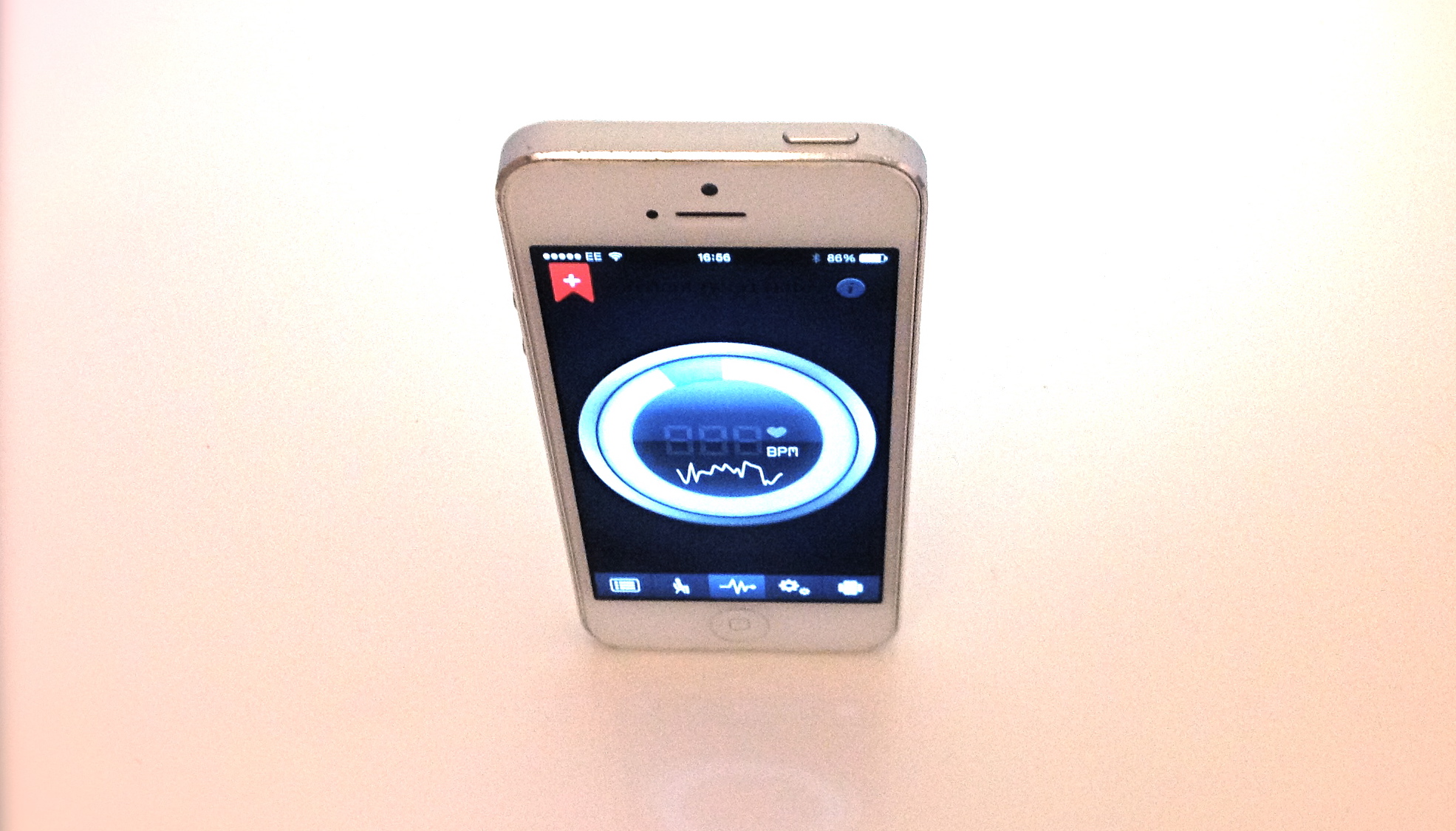ACT | The App Association has been deeply involved in the health app market for some time now. While we’ve long believed in the transformative potential of this marketplace, it’s clear that care providers, developers, consumers, and industry analysts are catching on as well.
2014 has been declared the Year of the Health App according to leading mobile analytics firm Flurry. Average daily use of health apps is growing at nearly twice the rate of apps overall. This points to a promising future and analysts are projecting that the market will reach $26 billion in revenues by 2017.
We are already seeing evidence that mobile health solutions can profoundly change healthcare for the better. AirStrip created the first app to receive FDA approval and it allows providers to monitor patient data and scans using a mobile device. EMTs have credited the app with providing timely health readings to emergency room physicians that helped save lives. Ideomed makes an app called Abriiz that helps patients keep track of chronic disease care. Independent studies have shown dramatic reductions in emergency room visits for users of the app.
While there are some who still question the impact of mobile health innovation, investments made by the major platforms suggest these concerns are not widespread. In 2007, Microsoft introduced HealthVault, and became one of the first platforms to give consumers one place to gather, store, use, and share health information online. HealthVault integrates with 148 apps and 233 devices to give users a range of ways to track health and fitness.
Most recently, Apple debuted HealthKit at its Worldwide Developers Conference and Google followed a few weeks later with GoogleFit at its I/O conference.
It is clear that Apple and Google see health apps as a major feature for future iPhones, iPads and Android devices. Where this gets interesting is how the two companies will vie for supremacy and where they identify their best marketplace opportunities.
Apple unveiled HealthKit first and was straightforward in its presentation declaring that user privacy and data security was paramount. Cupertino also announced they would implement significant restrictions on app makers sharing user health data with ad networks, data brokers, or information resellers. The company has gone to great lengths to emphasize the importance of privacy and security for HealthKit data. This might be the most significant distinction between the two companies’ approaches.
News reports of the Google Fit announcement focused mostly on the benefits of data collection and aggregation. The company didn’t use the word “health” in its announcement instead focusing on fitness data. In an interview given right after the I/O keynote address, however, Google CEO Larry Page spoke directly about data mining health information:
Right now we don’t data-mine health care data. If we did we’d probably save 100,000 lives next year.
While Google’s entrance into the health and fitness world offers opportunity for developers, some question the tech giant’s intentions when it comes to aggregating massive amounts of consumer health-related data. Google doesn’t make its money selling innovative technology – 97 percent of its revenues derive from advertising.
So where does an advertising company like Google find value in health data? Will consumer medical information be used by the platform solely to help users stay healthy? Or will it be packaged up and sold off to various marketers and ad firms?
The answers to these questions could greatly impact the future growth and success of the mobile medical marketplace. We’ve already seen from early entrants like AirStrip and Ideomed that health apps can dramatically improve health outcomes. Mobile health platforms have the potential to transform everything from access to care providers to rate of diagnosis to efficiency of fitness routines.
In order for mobile health apps and devices to fully reach their potential, however, consumers must have utmost confidence in the privacy and security of their personal data. Innovation is coming fast, but consumers are more likely to choose a product they trust with their sensitive health data. The company that earns this trust will succeed in the mobile health marketplace.
Image: Health Gauge / license
